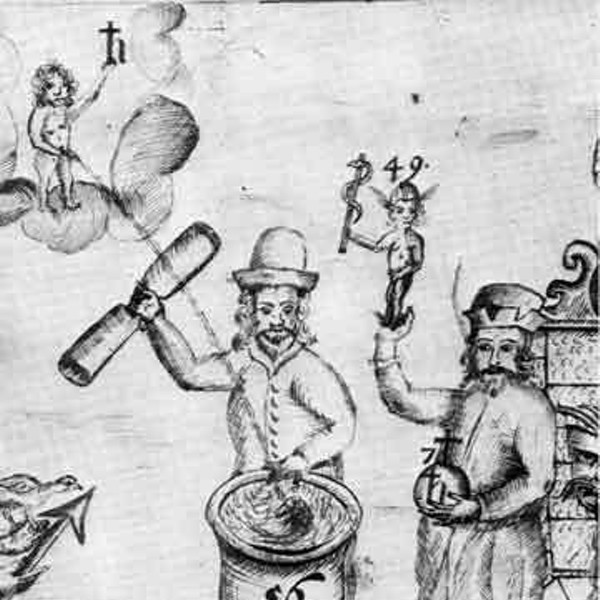—G. I. Gurdjieff
Esteemed Reader of Our Magazine:
I was once given a description of a process for facing suffering. The steps were as follows:
1. Recognize the suffering.
2. Accept the suffering.
3. Embrace the suffering.
Though superficially the formula sounds either trite or like a New Age iteration of the Buddha’s Noble Truths, I found it instructive. But this deserves elaboration:
To recognize is to become “cognizant again.” Inevitably the first experience of pain provokes the instinctive urge to make it stop, like pulling one’s hand away from contact with a hot pot on the stove. This is the fight-or-flight response. And it is an appropriate reaction to being burned or attacked bodily, but most of the suffering we experience is more chronic than acute, more psychological than physical, and fighting and fleeing does little besides overtaxing the adrenal glands, which suggests that recognition of suffering involves entering into a deeper level of engagement with the pain.
I am reminded of a time lying in a French hospital bed after falling 50 feet from a cliff while rock climbing in the Alps Du Sud in Provence. The shock of breaking bones produced pain that permeated my entire body. It was as though my skin, muscles, and bones were on fire. Not even the warm cups of chamomile tea delivered to my bedside by lovely nurses brought relief. I recognized that there was no way to beat or escape from the pain and was ultimately able to accept it.
But to accept pain requires the vigilance to keep one’s attention on the total experience of suffering—on all its signs and manifestations—the sensation of pain in the body, the pulse of hormones we experience as emotion; the thoughts that arise saying it should be over, that I don’t deserve this, that someone else is to blame for my pain—but all these thoughts can only be acknowledged and discarded, and the attention returned to the immediate experience of suffering.
I am reminded of a time when I was betrayed by a lover. The depth of loss mixed with jealousy produced an admixture of fear, anger, and humiliation that seemed utterly unbearable. For weeks I pickled in the brine of self-pity, but eventually saw that I had no choice but to go into the feelings and allow them to relax out of the tense muscles in my chest, throat, and face. I had to let loose the thoughts of blame and fantasies of revenge and accept that what I was experiencing was it. There was no way around—only into, and through.
The notion of embracing suffering might sound perverse, but if it follows the prior step of acceptance, it’s sublime. It means that I bring my will to bear on the feeling and experience of suffering, such that I am no longer the victim, but the initiator of my suffering. This is like a chase scene from an old Western, in which a rider leaps from his horse to take control of the out-of-control wagon, throw off the criminals, and guide it to safety.
From this position I can direct the experience, instead of being ground under its heel. I can see that the suffering is an event taking place within my own skin. It is my responsibility to face and integrate my hurt. I can even be grateful for the opportunity to have my state heightened—to become awake—regardless of the unpleasant feelings that may be present. In this way they cease being painful, and become simply intense. Perhaps I even become grateful to the “source” of these feelings, e.g. a malignant person that sought to do harm.
There is another quote from Gurdjieff, which states that “All our emotions are rudimentary organs of ‘something higher,’ e.g. fear may be an organ of future clairvoyance, anger of real force, etc.” It is embracing these states of fear, anger, resentment, jealousy, envy, and the full gamut of deadly sins, that enables them to be transmuted into their higher form. This is the doorway—an opportunity to leverage the vicissitudes of life for ourselves—to wake up from our cozy cocoons of self-interest.
Truly if we can recognize, accept, and embrace our suffering we will be invited into another world. As the Beatitude states, “blessed are the pure in heart, for they shall see God.” This process of engaging with suffering is the heart’s scrubbing. If we can do this, even in one small instance that leads from irritation to compassion, we will make a transforming ripple through the whole body of our community and beyond.

















